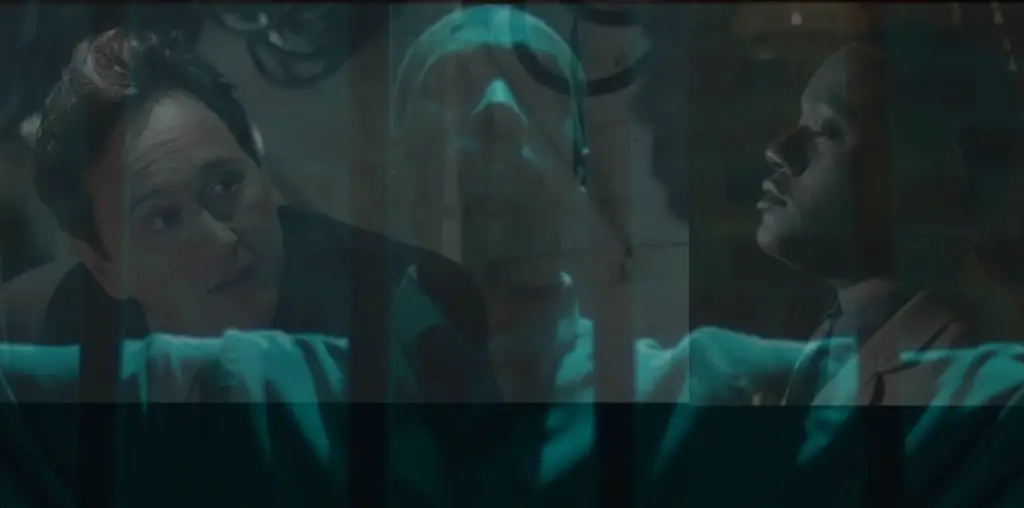
It’s difficult to pinpoint precisely where Jessey Tsang Tsui-Shan went wrong with “Big Blue Lake,” her semi-autobiographical second feature film. There’s a good story in there somewhere. Instead she presents us with something that, when it’s not being trite, is an utter snoozefest.
Lai Yee (Leila Tong) is a thirty-ish actress who returns to her small village in Hong Kong after a ten-year absence to find everything different and her mother suffering from the early stages of Alzheimer’s. To earn money for her mother, Lai Yee takes odd jobs that utilize her acting skills (because pretending to be blind to test restaurant service is totally a job that someone could have). During one assignment, she bumps into Lam Chun (Lawrence Chou), an old school chum who happens to be in between two unsuspecting dates. For no apparent reason, the two reconnect and he comes to live in her brother’s old room. The plot then abandons Lam Chun’s lothario storyline and puts him on a quest to reconnect with an old love at the titular lake both he and Lai Yee remember from their childhood.
There isn’t an interesting character or story line in the film. Part of it is the performances, which feel clunky and amateurish, and that’s with them speaking Cantonese, which I do not speak in the slightest. Tong makes a lot of over-expressive Katy Perry style faces whenever she is trying to really get an emotion across, but I’m STILL not really sure what she’s trying to convey. Her mother toddles around almost like a sitcom version of an Alzheimer’s sufferer. Everyone else barely registers in terms of performance.
The story also feels fairly contrived. When Lai Yee shows up, she finds her mother, May (Amy Chum), alone in the house and clearly suffering from dementia. No one called to tell her that her mother was sick. Later her brother explains (by phone) that she never calls so he didn’t think to tell her. Really? That’s EXACTLY WHEN you would call an estranged relative. Then she learns that her brother and father both left town without her mother. There is some flimsy “emergency” excuse for both of them, but they left with no real contingency plan set in place. They didn’t even know that Lai Yee was coming! I guess they just assumed their Alzheimer’s-afflicted mother would be fine alone for a couple of days.
Lai Yee gets lots of passive-aggressive comments from the neighbors about her long absence. It seems like the entire population is angry with her. Is this really what happens in small Chinese villages? It doesn’t really seem like any of their business.
Lai Yee’s story is beyond boring. She spends much of her off time in contemplative silence, and Leila Tong is not a nuanced enough actress to pull that off. Lai Yee is relatable only to the extent that she does what we all do when we’ve returned to a place we haven’t been in a while. We continuously remark about how everything has changed. It’s a natural impulse that kicks in somewhere in your mid-twenties and only gets worse the older you get. But it can’t be very much fun for other people to listen to.
Alzheimer’s is emotionally devastating for everyone but the sufferer and it can be a heartbreaking plot point in films (such as Sarah Polley’s “Away From Her”), but in Jessie Tsang’s clumsy hands, it feels disingenuous. If this is really a version of her life, I’m sorry for her. I’m sure it’s terrible. But an audience needs more than abstract sympathy to connect with a character. Perhaps she was too close to her material to remember to make it interesting.
